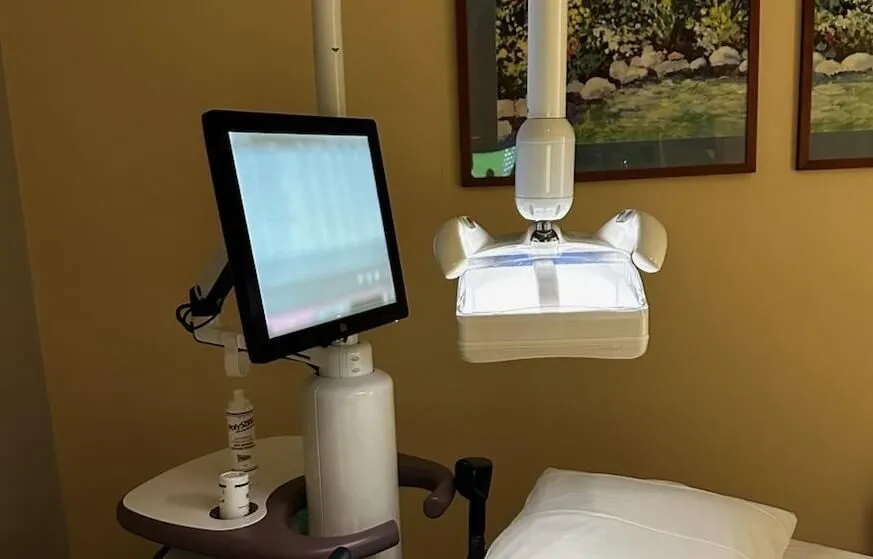A new FDA rule, effective September 10, 2024, requires radiology facilities to notify women with dense breast tissue that additional imaging tests beyond standard mammography may help detect cancers earlier. However, despite this federal mandate, there remains no consensus on clinical guidelines for supplemental screening in this population. While ultrasound and MRI are available options, current evidence suggests that routine use of these modalities for all women with dense breasts may result in a poor benefit-to-harm ratio.
To address this gap, the Vermont Breast Cancer Surveillance System (VBCSS), in collaboration with the Breast Cancer Surveillance Consortium (BCSC), has developed a novel conceptual framework. This approach tailors supplemental screening recommendations based on a woman’s individual risk of being diagnosed with advanced cancer despite regular mammography. The goal is to maximize the benefits of early detection while minimizing the harms associated with false-positive results and unnecessary procedures.
This comprehensive study draws data from over 1.5 million screening exams within the BCSC, a nationwide alliance of breast imaging registries encompassing more than 60 healthcare facilities that perform supplemental ultrasound and MRI screening. The findings will help identify which women with dense breasts are most likely to benefit from additional screening, providing much-needed evidence to guide decisions for patients, providers, and policymakers. This research leverages the advanced cancer risk prediction tool developed by Dr. Sprague and BCSC collaborators.
